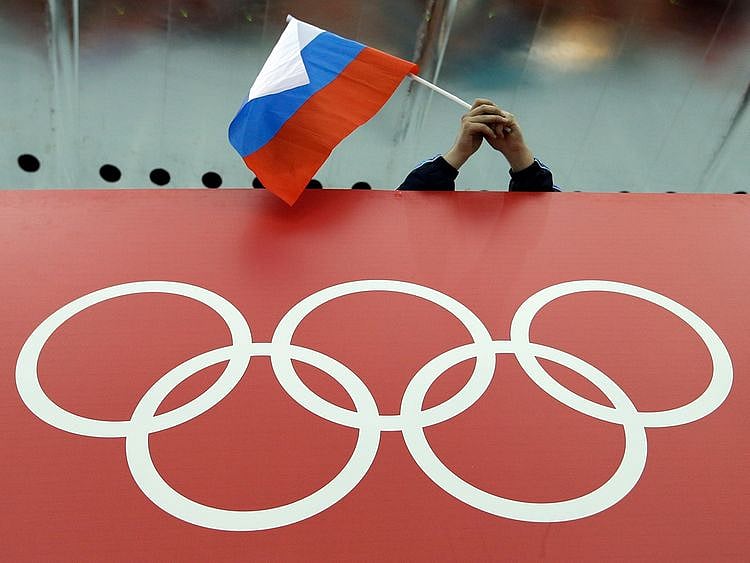Talking Point: WADA in self doubt over bringing Russia to book
Ball will soon be with Court of Arbitration for Sport

When the news of Russia’s four-year ban by the top anti-doping authority broke on Monday, it was greeted with more a sense of ‘what’s new’ than a sense of shock and awe. It virtually seemed a rewind of the saga that has been simmering around the sporting superpower since 2015, which affected Russia’s fortunes in the global competitions for the last five years.
The latest round of sanctions by the World Anti-Doping Authority (WADA) has recommended a ban for Russia from global sports for four years for tampering with data on anti-doping measures and looks severe enough at the outset. Try to read between the lines and one sees an element of self doubt among the sports governing bodies of the world when it comes handling with Russia. After all, what is an Olympics without any form of representation from Russia?
In effect, it seems a four-year ban on Russia’s identity from participating in the 2020 Tokyo Olympics, 2022 Winter Olympics in Beijing and all other global competitions, which includes Qatar 2022 — the Fifa World Cup where Russia were the surprise quarter-finalists last time around. However, there is no bar on them from participating in the Euro 2020 as well as St Petersburg hosting the group-stage matches as the European Championships are not considered as a global event.
Only last year, the International Olympic Committee (IOC) had allowed Russia to field a 168-strong team in Pyeongchang Winter Olympics under the flag ‘Olympic Athletes of Russia’ and the guideline is likely to be the same this time around — making an allowance for individual athletes who have no records of drug abuse or not involved in tampering of the data. Intriguingly enough, WADA seems to be a divided house themselves over the quantum of punishment meted out to Russia — with calls of a blanket ban on Russian athletes also gaining steam.
Beckie Scott, a Canadian Olympian and the chairwoman of WADA’s athlete committee, did not mince her words. “With the level of mockery that has taken place, not only of the rules, but those who abide by and safeguard them, it’s hard to understand how this could not have warranted the most serious level of sanctioning,” she said, before adding: “Especially, when they have the power to do so.”
If the Russian President Vladimir Putin’s words are anything to go by, then it’s a matter of days before the country’s appeal lands at the tables of Court of Arbitration for Sport (CAS). The Russian Premier had a valid point when he said that any punishment — since the times of Roman law — should be binding on the individual and based on what that individual did. “Punishment cannot be collective and affect those people who have nothing to do with certain violations,” he said, insinuating on political considerations playing a key role behind the current punishment.
So, was Russia then in the wrong and been wronged again? It’s up to the courtrooms of Lausanne to decide.
Sign up for the Daily Briefing
Get the latest news and updates straight to your inbox
Network Links
GN StoreDownload our app
© Al Nisr Publishing LLC 2026. All rights reserved.